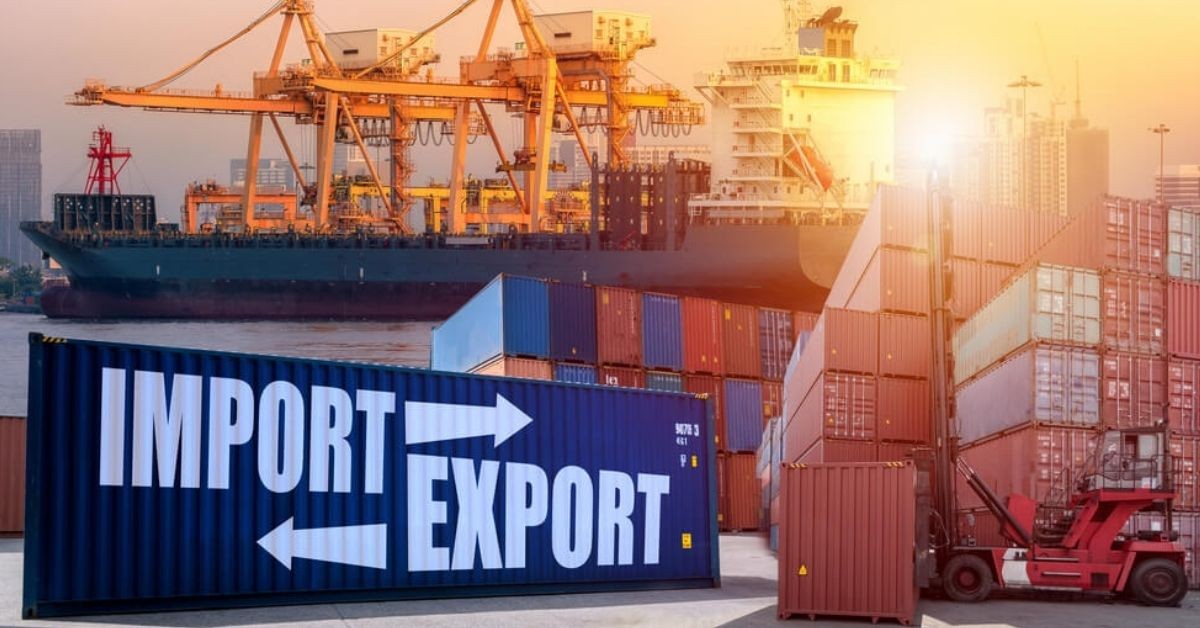Sri Lanka’s dwindling foreign exchange reserves risk spiraling into a crisis that could force the South Asian nation to tighten policy more aggressively and seek an International Monetary Fund bailout.
After meeting a $1 billion debt repayment in July from reserves, the government had only enough dollars to cover less than two months of imports. The nation buys wheat, sugar and milk powder from abroad and, with the Sri Lankan rupee down 7.3% this year, the import bill is soaring, stoking inflation and raising concerns about panic buying and hoarding.
“For investors it’s a question of when, not if, they run out of FX reserves,” said Nivedita Sunil, senior analyst for Emerging Markets at Lombard Odier in Singapore. “If you see where the bonds are trading, they are clearly telling you that they are no longer taking a longer term view.”
Sri Lanka’s foreign exchange reserves rose 26% to $3.55 billion last month, after the nation converted the IMF’s special drawing rights, which the South Asian island nation received on Aug. 23, into U.S. dollars, the central bank said in a publication on Friday.
While authorities maintain they will repay $1.5 billion of foreign bond payments due in January and July, a Bloomberg gauge of one-year default probability has risen almost 20 percentage points, to Asia’s highest level at about 28%.
Government revenue is far short of its target as pandemic curbs hurt economic activity, Finance Minister Basil Rajapaksa told parliament on Sept. 7. With a third wave of Covid-19 running across the island, the administration has taken increasingly draconian measures to deal with the crisis, from declaring a state of emergency to seizing rice stocks from private mills. Policy makers have extended lockdowns, raised interest rates, restricted imports and asked banks to offer foreign currency loans.
The IMF has not received a request for financial support from Sri Lanka, Masahiro Nozaki, the mission chief for Sri Lanka, said in an email. “We stand ready to discuss options if requested. We continue to closely monitor economic and policy developments in Sri Lanka.”
Source: Economic Times








